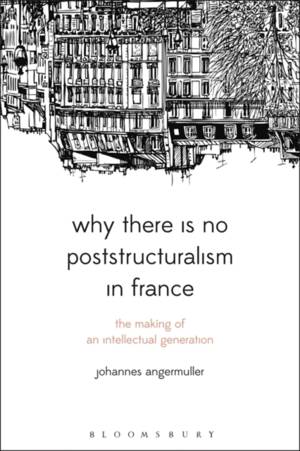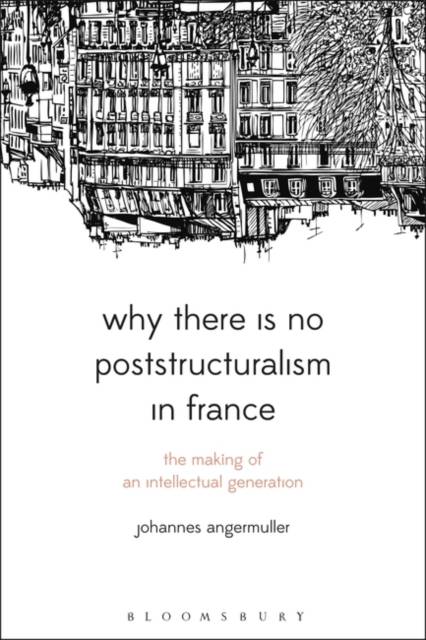
- Afhalen na 1 uur in een winkel met voorraad
- Gratis thuislevering in België vanaf € 30
- Ruim aanbod met 7 miljoen producten
- Afhalen na 1 uur in een winkel met voorraad
- Gratis thuislevering in België vanaf € 30
- Ruim aanbod met 7 miljoen producten
Zoeken
Why There Is No Poststructuralism in France
The Making of an Intellectual Generation
Johannes Angermuller
€ 50,45
+ 100 punten
Uitvoering
Omschrijving
French thinkers such as Lacan and Derrida are often labelled as representatives of 'poststructuralism' in the Anglophone world. However in France, where their work originated, they use no such category; this group of theorists - 'the poststructuralists' - were never perceived as a coherent intellectual group or movement.
Outlining the institutional contexts, affinities, and rivalries of, among others, Althusser, Barthes, Foucault, Irigaray, and Kristeva, Angermuller - drawing from Bourdieu's concepts of cultural capital and the academic field - insightfully explores post-structuralism as a phenomenon. By tracing the evolution of the French intellectual field after the war, Why There is No Poststructuralism in France places French Theory both in the specific material conditions of its production and the social and historical contexts of its reception, accounting for a particularly creative moment in French intellectual life which continues to inform the theoretical imaginary of our time.Specificaties
Betrokkenen
- Auteur(s):
- Uitgeverij:
Inhoud
- Aantal bladzijden:
- 144
- Taal:
- Engels
- Reeks:
Eigenschappen
- Productcode (EAN):
- 9781350094475
- Verschijningsdatum:
- 26/07/2018
- Uitvoering:
- Paperback
- Formaat:
- Trade paperback (VS)
- Afmetingen:
- 156 mm x 234 mm
- Gewicht:
- 213 g

Alleen bij Standaard Boekhandel
+ 100 punten op je klantenkaart van Standaard Boekhandel
Beoordelingen
We publiceren alleen reviews die voldoen aan de voorwaarden voor reviews. Bekijk onze voorwaarden voor reviews.







